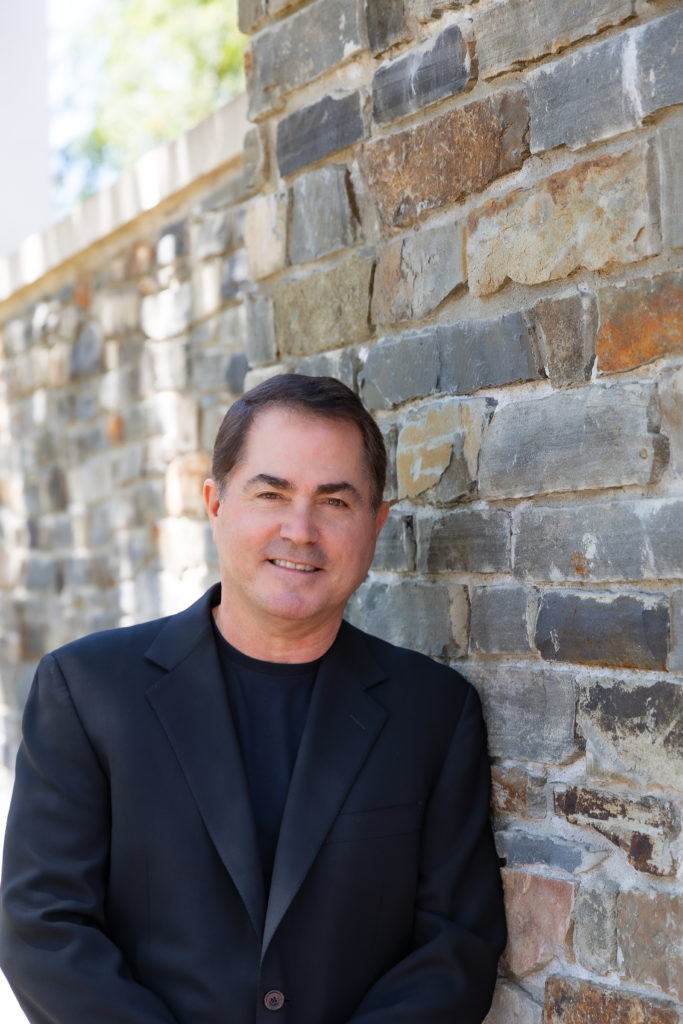
I’ve written often about Claremont Graduate University, in Claremont, California; and especially one of its components, the Drucker School of Management. Len Jessup became President of CGU five years ago, and ever since, he and CGU have been whirlwinds of purposeful activity.
Len has an extensive background in academia and nonprofits. Before coming to CGU, he was President of University of Nevada, Las Vegas (UNLV) for three and a half years. Len and I have been sharing each other’s content on social media for several years, and I’ve been impressed by his spirit of optimism, positive attitude, and can-do approach to the multifaceted operation of a higher education institution.
On October 8, we were both panelists for Dr. Abraham Khoureis’ 4th Virtual Global Thought Leaders Symposium, honoring the life and legacy of Peter Drucker.
I am grateful to Len for answering my questions about CGU, his career, and what it is like to help preserve and extend the legacies of such CGU-related giants as Drucker, Mihaly Csikszentmihalyi, and others.
Can you briefly describe the concept of Transdisciplinarity, your role in it, and how it specifically plays out at CGU day-to-day, on the ground?
Transdisciplinarity is learning and inquiry without limits, boundaries, or borders. It embraces complexity and draws on theories, concepts, and methods from multiple disciplines to look at real-world challenges.
Students at CGU are required to take a course in transdisciplinary studies, but the way it often plays out is that they end up taking more than one because it opens doors they hadn’t anticipated. It widens their aperture. We have a higher proportion of students with a dual major than anywhere I’ve been, and I’ve been at some good R1s {Research 1} and AAUs {Association of American Universities}.
There’s also transdisciplinarity writ large, such as Cadigan Hall, which will become the new home of the School of Arts & Humanities. It will be a nexus for creativity and transdisciplinarity, in particular with our Drucker School of Management, which will be right across the street. Construction of Cadigan Hall, which I must note is the result of philanthropic investment in CGU, will most likely begin early next year.
How have past parts of your professional life influenced and prepared you for your work today at CGU, and related to that, how do you stay future-focused given the time and attention demands of the moment?
This is a unique place in so many ways, being an all-graduate institution that’s part of the Claremont Colleges Consortium. Because there’s really nothing like it anywhere in higher ed, I’ve had to draw on everything I’ve done as a faculty member, center director, department chair, business dean, VP of advancement, and my presidency at UNLV. I’m also using my MBA skills and applying what I learned in my organizational behavior doctoral program every single day.
The one experience I’ve had that’s the closest analog is when I was dean at the University of Arizona’s Eller College of Management because it was a highly ranked, elite program that pursued excellence. Even though Arizona is a big AAU institution, everyone joked about Eller Island because the college was almost a corporation in and of itself. We had some of the nimbleness and entrepreneurial spirit there that we definitely have here at CGU.
I am totally future-focused, always thinking about the implications for tomorrow, next semester, next year, the next 10 years. I’m always thinking ahead about moves on the chessboard. It’s how I’m wired. I love science fiction for that reason—it’s future-focused. I have to consciously pull myself back into the present to be aware of the current context, to think carefully about who I am, where I am, who I’m with, and what they need to hear from me right now.
I’m also hawkish and judicious over my time because I don’t like to waste a minute. I’ve gotten very good at time management because I have no choice.
How do you see your role (and the role of CGU as an institution), in terms of stewardship of ideas, intellectual/societal concepts, resources, etc., of people like Peter Drucker, Mihaly Csikszentmihalyi, and other high-profile, high-importance figures who have been associated with CGU in business, psychology, the arts/humanities, mathematics, and other disciplines?
In higher ed, we talk about the life of the mind. At CGU, it’s almost a pure form of that notion because of our focus on scholarship and creativity—no sports and none of the many things associated with undergraduate education. But my surprise in coming here was that there’s actually a good balance between rigor and relevance. We are not the ivory tower. The work we do here is incredibly applied and not at all esoteric. Everything done here is about how it impacts people.
At CGU, our motto is Multa lumina lux una—Many lamps, one light—and we articulate that by saying we are carrying the flame. I’m carrying the flame to make sure we don’t stray from our focus on social impact and social good.
This is a place that inspires thought leaders, and we have an amazing legacy. Some of our current faculty will no doubt be in that pantheon someday because they are juggernauts of practical scholarship. CGU faculty members Jason Siegel, Wallace Chipidza, and Jessica DeHart come to mind, for example.
As you know well, we are the intellectual home of Peter Drucker. Our Drucker School of Management stands on his shoulders, and our Drucker Institute houses his archive. We now have a great opportunity to extend that thought leadership in business. Tom Peters, who has shared how much Peter Drucker influenced his thinking and writing, is donating his archive to the institute. What a great opportunity for scholars to have access in one place to the thoughts and inner workings of two of the leading business minds spanning approximately 80 years.
